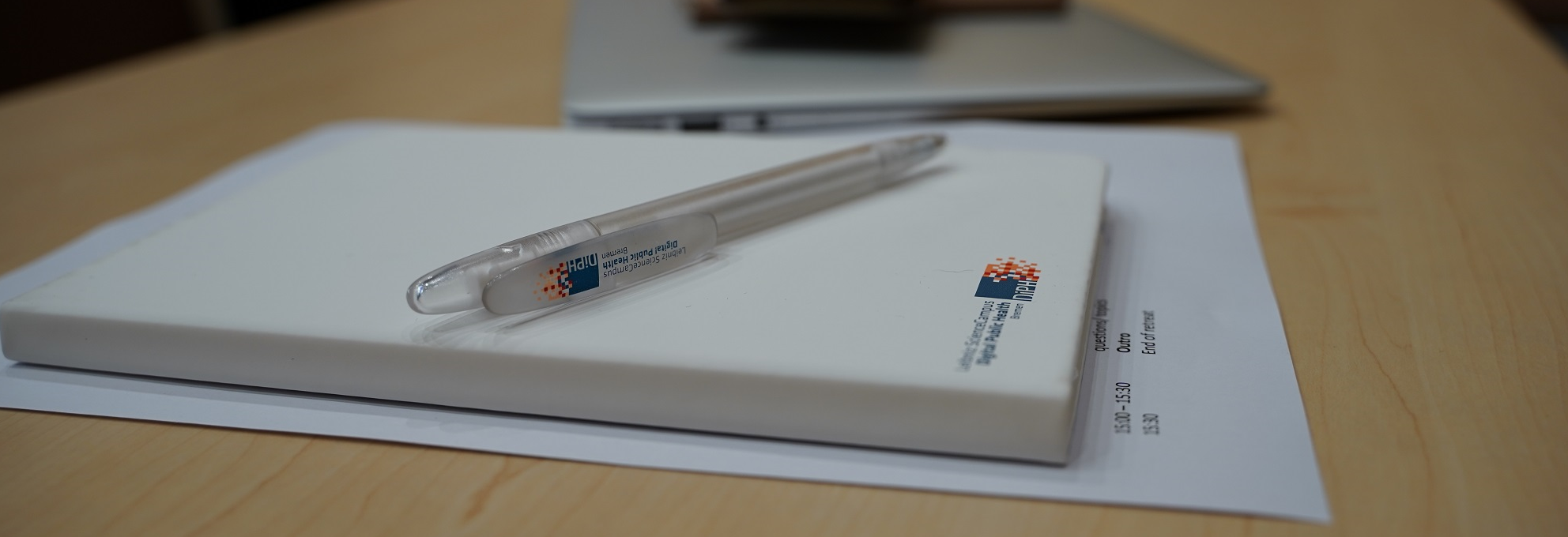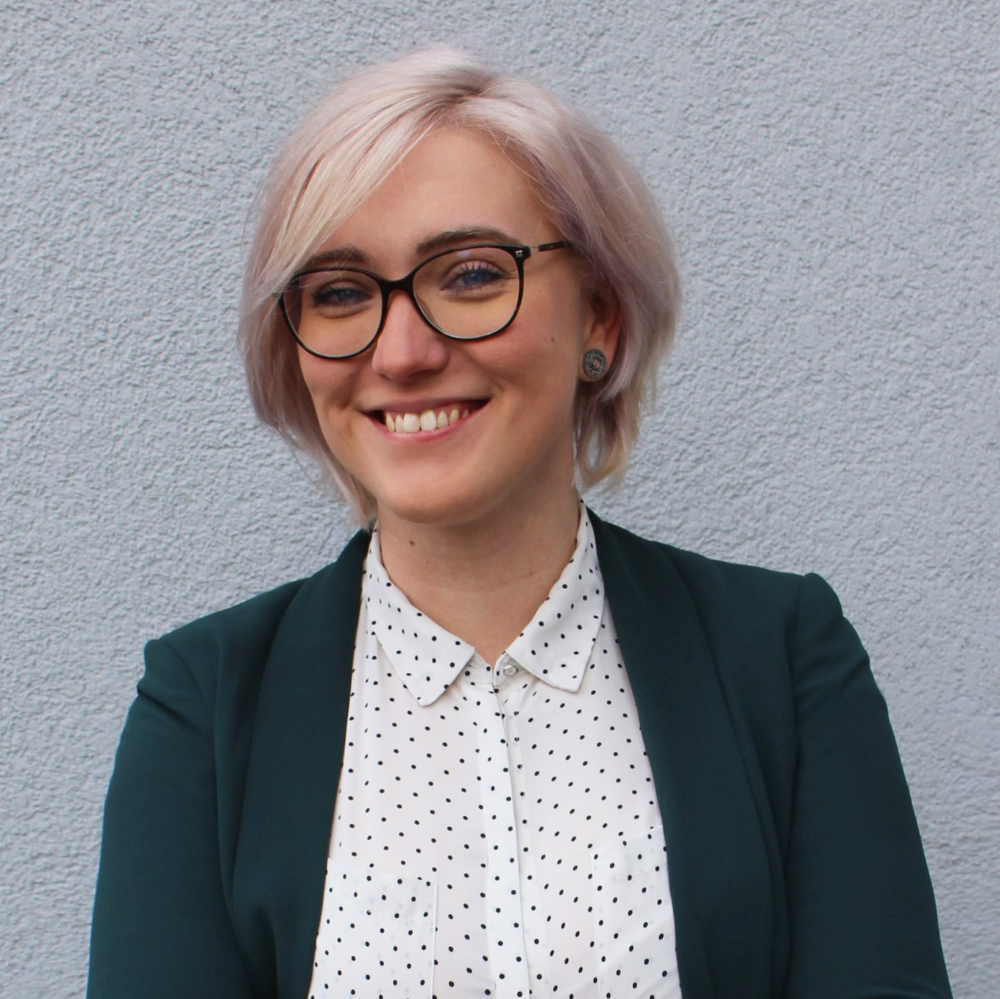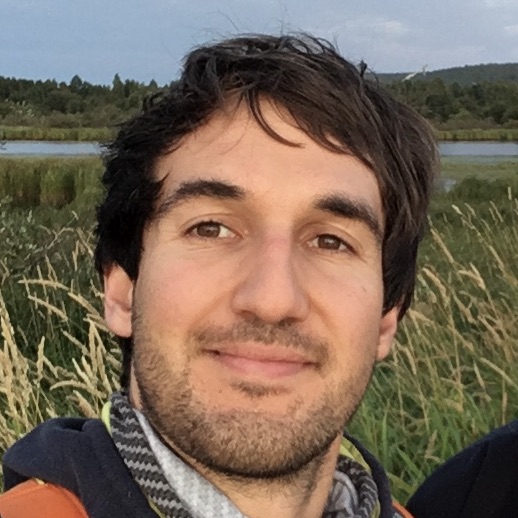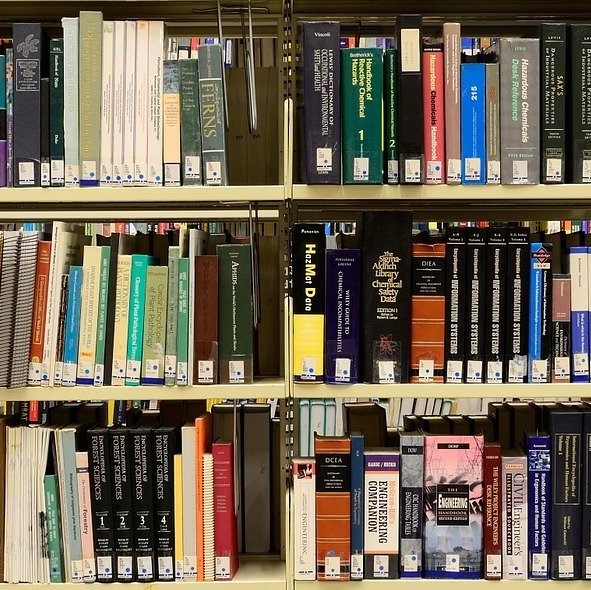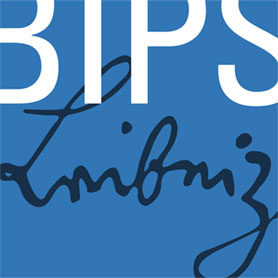Leibniz ScienceCampus Bremen Digital Public Health – LSC DiPH
"Together with our partners, we will develop completely new concepts for digitization in public health. We will also be particularly interested in how the relationship between technology and direct interpersonal exchange should be designed in prevention and what citizens expect from digitization for their health."
Professor Dr Hajo Zeeb, Head of the department Prevention and Evaluation at BIPS and spokesperson for the new network"With the Leibniz ScienceCampus, the already existing excellent cooperation between the University of Bremen, Fraunhofer MEVIS and BIPS within the framework of the scientific focus on the health sciences field will be further strengthened and extended to an institutionalized level. I am very pleased that the health sciences field in Bremen is now becoming even more visible nationally and internationally with the support of the Leibniz Association."
Professor Dr Iris Pigeot, BIPS director and head of the department Biometry and Data Management"The responsible use of deep pattern recognition processes will play an increasing role in the future of healthcare. Above all, we will work together to make machine learning understandable and to create tools that meet human needs. The transdisciplinary ScienceCampus offers an excellent basis for this.”
Professor Dr Horst Hahn, Head of the Fraunhofer Institute for Digital Medicine - MEVIS"The close cooperation between BIPS, MEVIS and the University of Bremen within the Leibniz ScienceCampus is an expression of the very good cooperation at the science and research location Bremen. This is also evident in the U Bremen Research Alliance, of which all three institutions are members. Together we want to tackle and answer the major research questions of our time.”
Professor Dr Bernd Scholz-Reiter, Former Rector of the University of Bremen“The Leibniz ScienceCampus brings together competencies from two of the country's main areas of science, health sciences and mind, media, machines. I am particularly pleased about this success because it realizes a central goal of our science policy: To visibly position Bremen internationally as a science location in innovative and highly relevant research fields through the close cooperation between internal and external university research institutions."
Professor Dr Eva Quante-Brandt, Former Senator for Science in Bremen"The concept of the Leibniz ScienceCampus fits perfectly with the strategy pursued by the state's science plan of close cooperation and networking of internal and external university research in Bremen. The intensive cooperation between the University of Bremen, the Leibniz Institute for Prevention Research and Epidemiology - BIPS and the Fraunhofer Institute for Digital Medicine MEVIS, which has already been developed in the research and transfer focus on health sciences, is further strengthened and extended to an institutionalized level by the Leibniz ScienceCampus."
Dr Claudia Schilling, Bremen Senator for Science, Ports and Justice© Senatorin für Wissenschaft und Häfen
Digital Public Health
Digitization is rearranging our lives. The healthcare system is also not spared. Be it exercise apps, nutritional and fitness programs via smartphone or telemedicine - state-of-the-art digital technologies make it possible to reach a large number of people quickly and inexpensively, and enable them to take part in health promotion activities. Legal and ethical questions are however often not considered. How can the “digital divide” between different population groups be overcome? How can privacy and data security be preserved? And how can science make the vast amount of data usable for the benefit of all?
The Leibniz ScienceCampus Digital Public Health addresses these problems. The new network brings together scientists from the fields of health sciences, statistics, law, communication sciences, ethnology, philosophy and computer sciences. Together they are supposed to answer tomorrow's questions.News
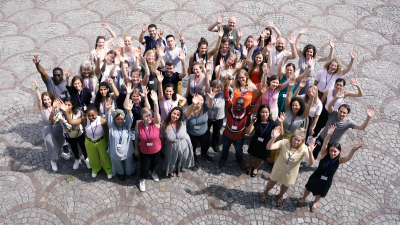
Digital Public Health Interventions Summer School Highlights

AI in Health Conference
Press
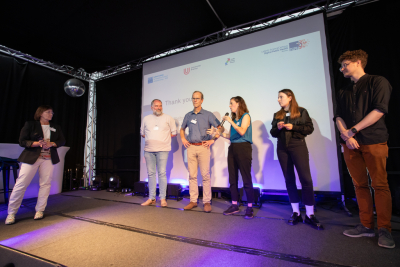
LSC DiPH strongly represented at Bremen AI in Health conference.

 English (United Kingdom)
English (United Kingdom)  Deutsch (Deutschland)
Deutsch (Deutschland) 
